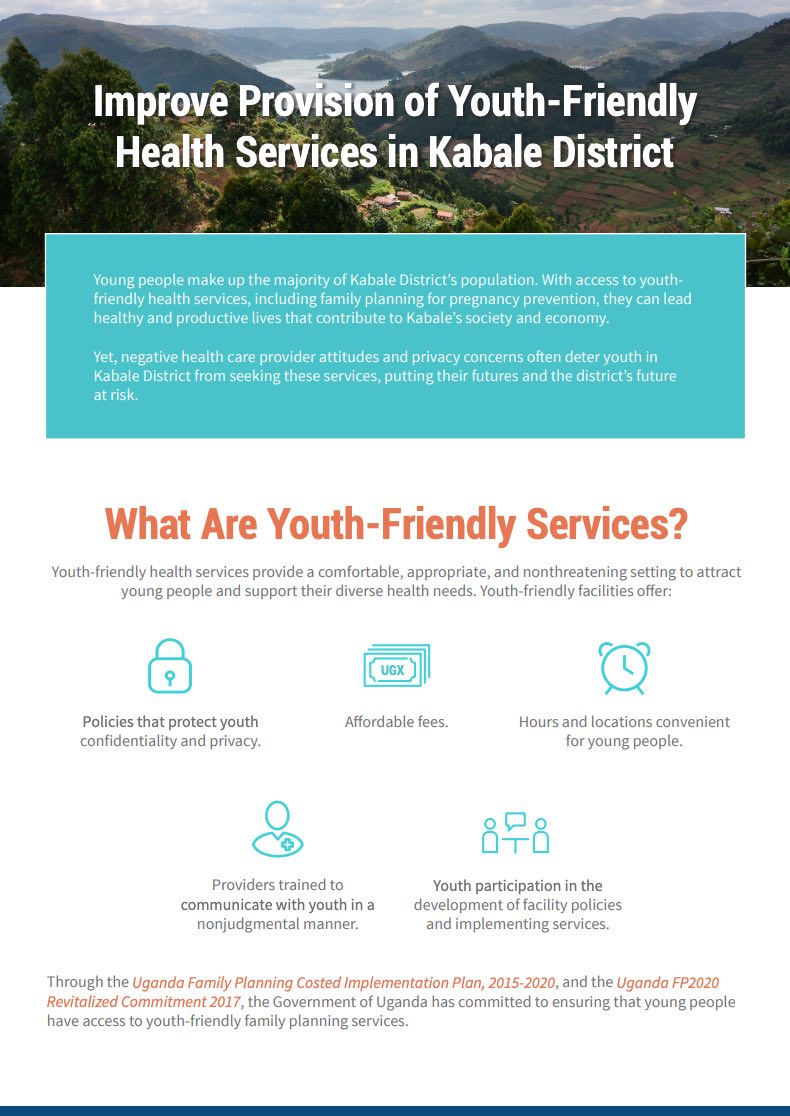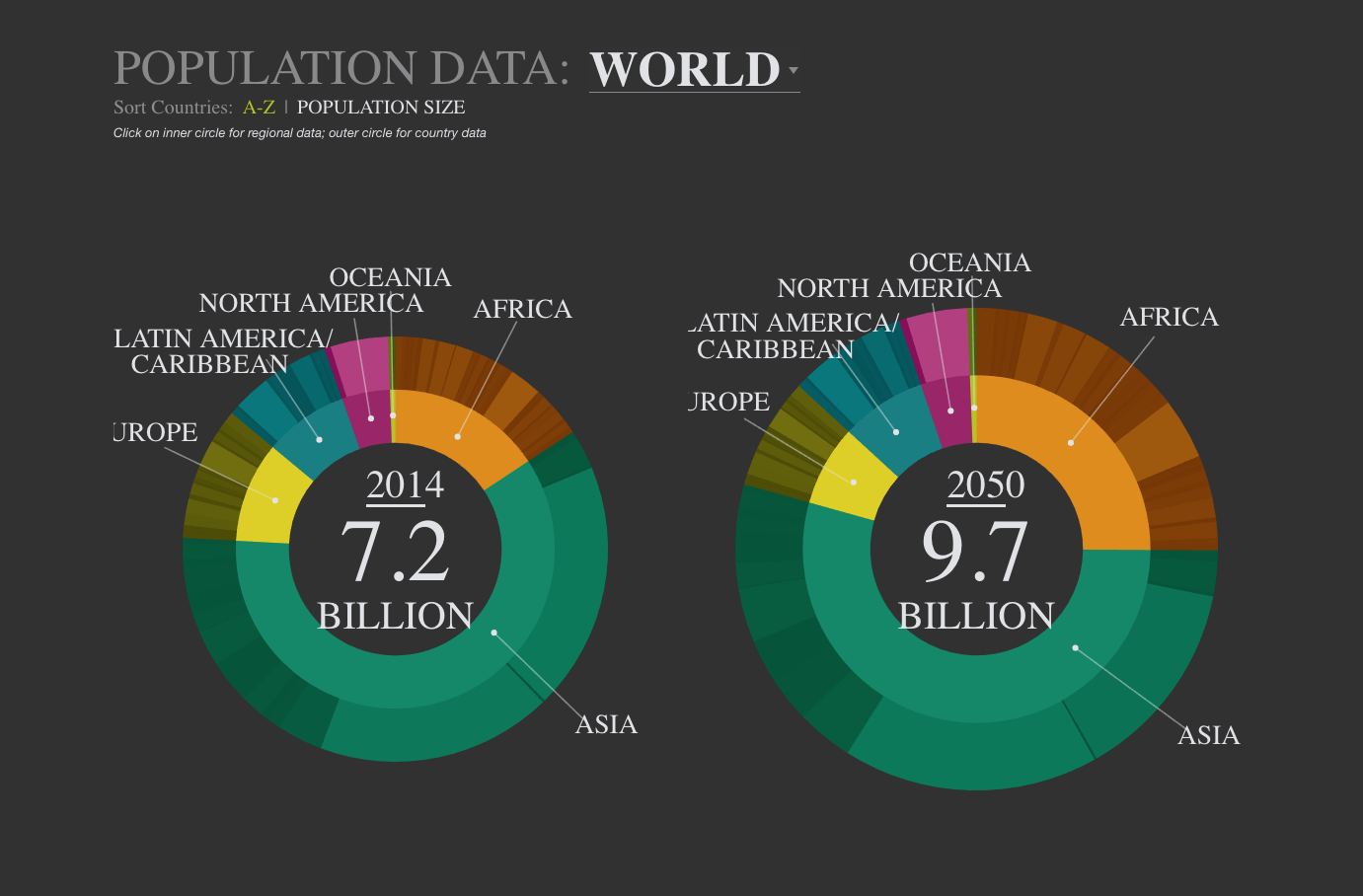Driving Up Demand for Health Services in Latin America
(2008) Millions of people live in poverty in Latin America, and many young people often face few prospects for a bright future.
(2008) Millions of people live in poverty in Latin America, and many young people often face few prospects for a bright future.

Project: Empowering Evidence-Driven Advocacy
Young people make up the majority of Kabale District’s population. With access to youth-friendly health services, including family planning for pregnancy prevention, they can lead healthy and productive lives that contribute to Kabale’s society and economy.
(2009) Recent political developments in Iran highlight the country's demographic and social shifts over the past 20 years. One in three Iranians is between the ages of 15 and 29.
(2002) The past century witnessed a revolution in health care, yet millions of women still endure the risks of pregnancy and childbirth under conditions virtually unchanged over time. Maternal complications take a serious toll on women.
(2011) Many studies have recommended integrating reproductive health and HIV services because sexually active individuals have overlapping needs: They are at risk of both unintended pregnancies and HIV infection. A 2009 World Health Organization review of the studies on this issue found that integrating family planning and HIV services leads to higher-quality and better-used services and is cost-effective.
(2011) Today's smokers are more strongly influenced by genetic factors than in the past, and that influence makes it more difficult for them to quit, according to a new study of twins published in the December issue of the journal Demography.
(2015) Women’s participation in government gives them a direct say in the policies, laws, and regulations that affect their lives. Canada, for the first time in its history, has achieved gender parity in the federal cabinet: Newly elected Prime Minister Justin Trudeau divided the cabinet posts evenly between men and women—15 each—and made news headlines. When asked to explain his decision, Trudeau told reporters: “Because it’s 2015.”1

Project: PACE: Policy, Advocacy, and Communication Enhanced for Population and Reproductive Health
PRB's Digital Visualization highlights key global demographic trends. Explore current and projected population by region and country. And look at changes in total fertility, infant mortality, and life expectancy since 1970. A U.S. "What-If" scenario focuses on the effects of race and ethnicity on child poverty, child obesity, and college degrees.